Australia will face an "inevitable" influx of climate change refugees, the United Nations' (UN) first special rapporteur for human rights and climate change says.
Subscribe now for unlimited access.
or signup to continue reading
Dr Ian Fry said major greenhouse gas-producing countries had a "clear obligation" to help poorer nations affected by climate change, including those forced from their homes by floods, drought and rising sea levels.
"It's inevitable that Australia will face more people coming to Australia as a consequence of them being displaced by climate change," he told the ACM network.
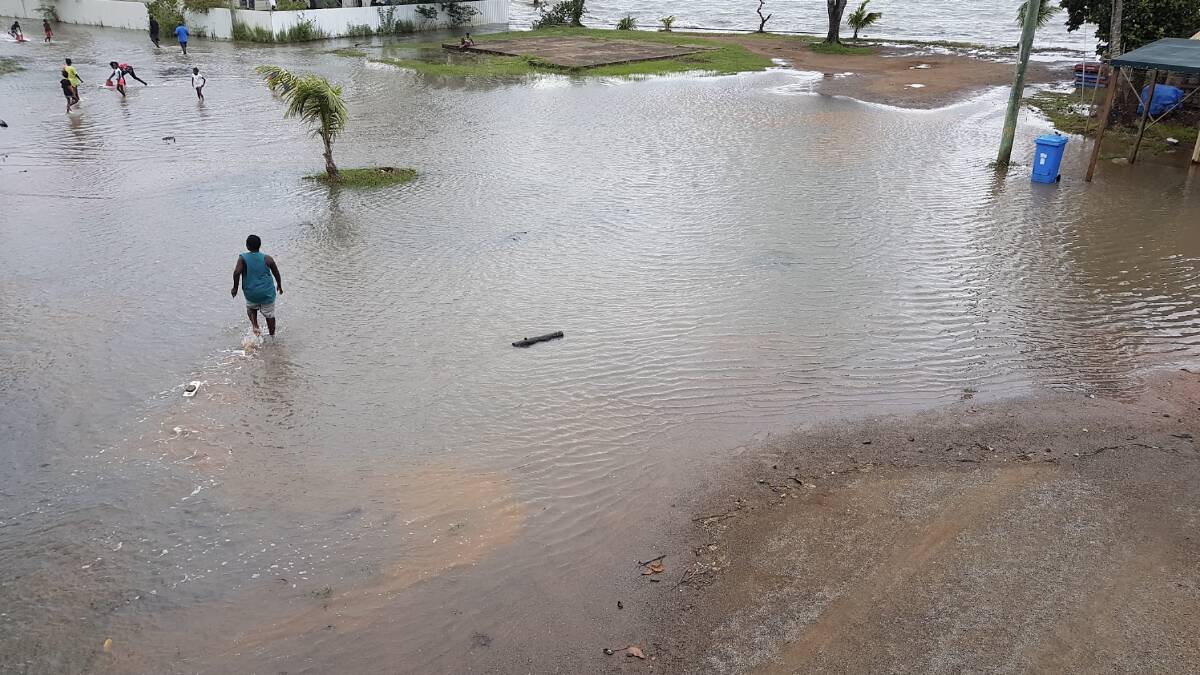
"If you look at the basic human rights - the right to food, the right to shelter, right to water, sanitation - all those issues are connected to climate change.
"We only need to look at the recent floods in Pakistan to see that all those basic human rights have been impacted by climate change."
Since 1850-1900, global temperature has warmed by 1.1 degrees. The Intergovernmental Panel on Climate Change (IPCC) predicts 1.5 degrees will be reached - or exceeded - in the next 20 years.
At 1.5 degrees about 14 per cent of the world population will be exposed to severe heat waves at least once every five years, while sea level rises will continue and droughts, storms and floods will wreak havoc for people and wildlife.
Climate refugees already here
Dr Fry, the former climate ambassador for Tuvalu, said Australia was probably already hosting people displaced by climate disasters.
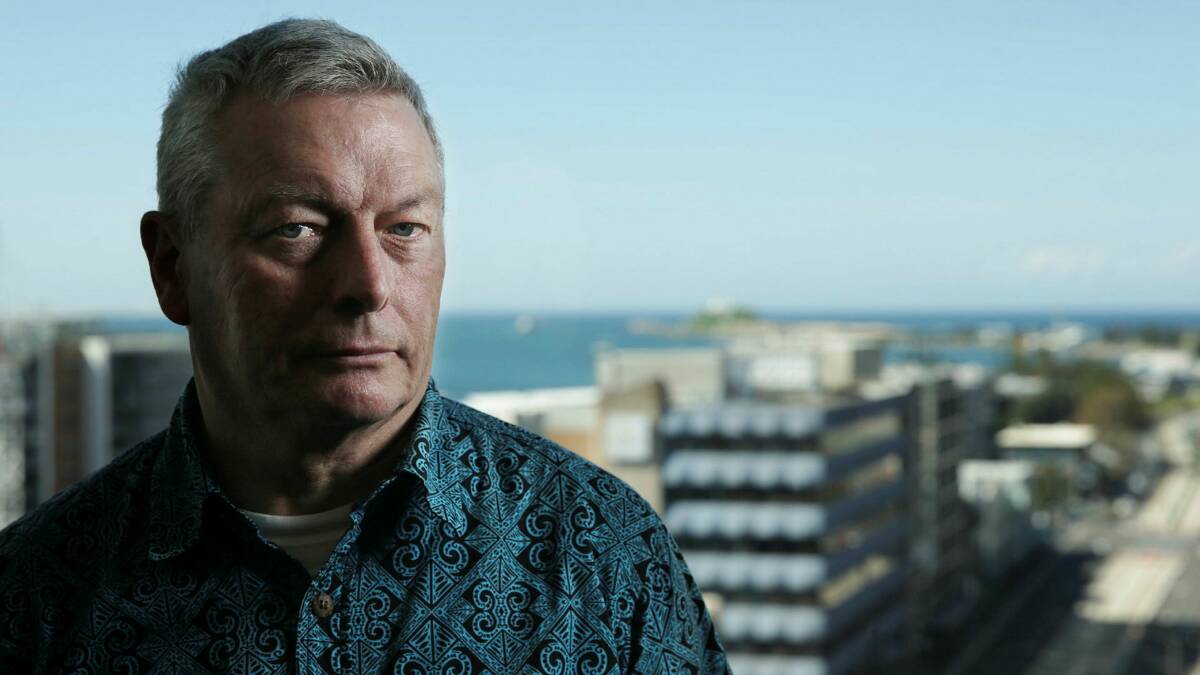
"I wouldn't mind betting that some of the people who are already in detention centres now have been displaced as a consequence of climate change already and it's likely we'll see more Pacific Islanders being put in that situation," he said.
Australia, like other wealthy countries, was "creating an uncertain future" by continuing to emit greenhouse gases, which will affect the lives of the future.
"Their generations are going to suffer the consequences," Dr Fry said.
'It's a fight for survival'
In September 2022 the UN Human Rights Committee ruled the Australian government had failed to adequately protect a group of Torres Strait Islanders, including six children, against climate change impacts and violated their right to enjoy their culture and lives.
Daniel Billy, a Warraber Island traditional owner in the central Torres Strait, was one of the eight claimants who took the Australian government to the committee.
He said climate change had transformed his island, causing landmass loss and soil degradation.
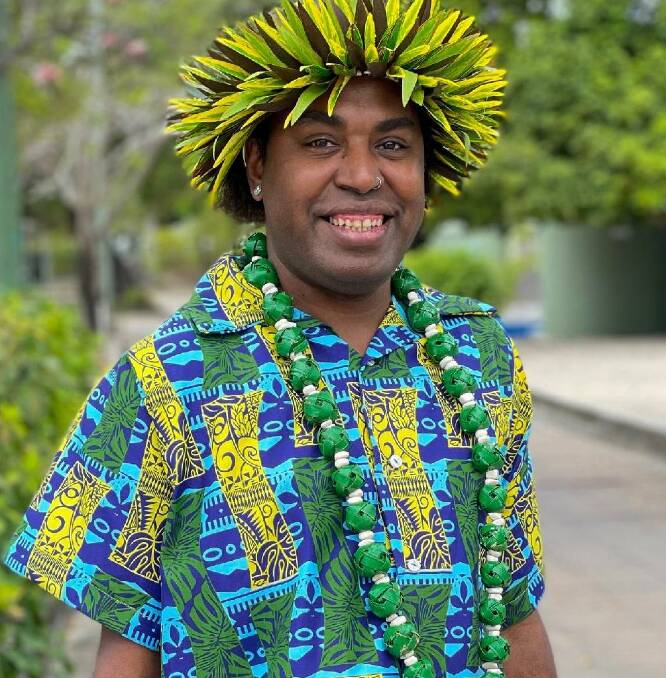
The seasons had changed, it was harder to fish, and the amount of fruit and vegetables being grown on the island had dropped.
"This is not only a fight for the survival of our island, it's a fight for the survival of our culture and traditions," Mr Billy said.
"This is why we fight."
The 'forgotten' Australians
The Warraber man said he felt hurt his nieces and nephews can't enjoy his childhood experiences of fishing or and beach life.
"Growing up we used to go way out - the beach was way out - and now it's no longer there," he said.
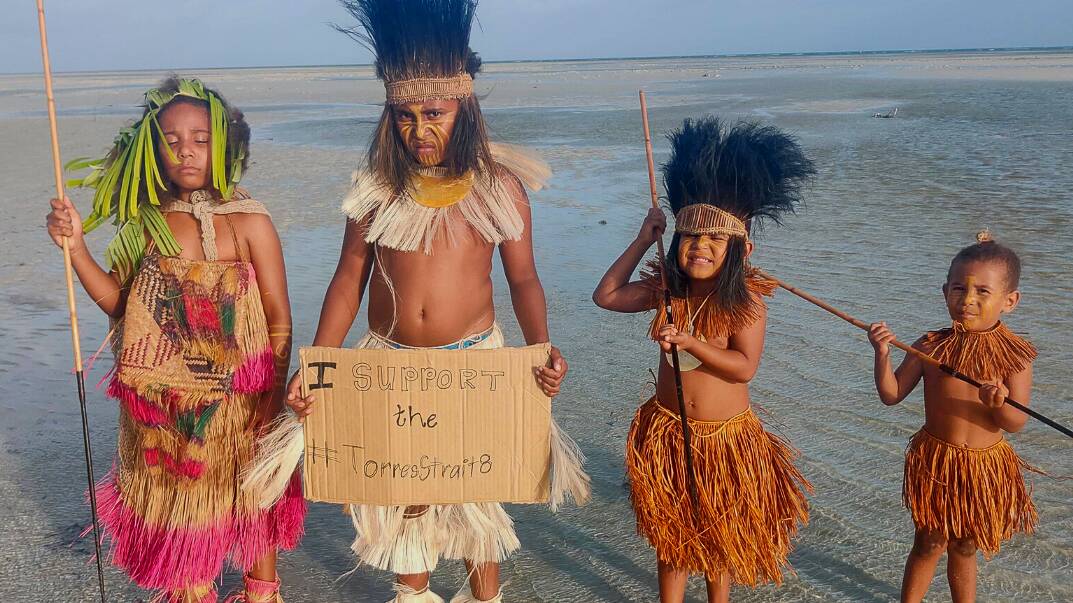
The 39-year-old said Torres Strait Islander people felt neglected by the previous federal government.
"We are Australian as well. As a human being, we have the right to live where we are. We have the right to share our culture. We have the right to have a voice as well and to say, 'Hey, you've forgotten about us'," Mr Billy said.
"We don't want to be refugees in our own country. So this is why we took a stand, to say this is for our future."
The UN committee told the Australian government to start helping the Torres Strait Islands and report back in six months.
But the claimants want compensation for the damage already done.
"The government is giving millions of dollars to floods and bushfires," Mr Billy said.
"The erosion on our shores, it's the same thing".
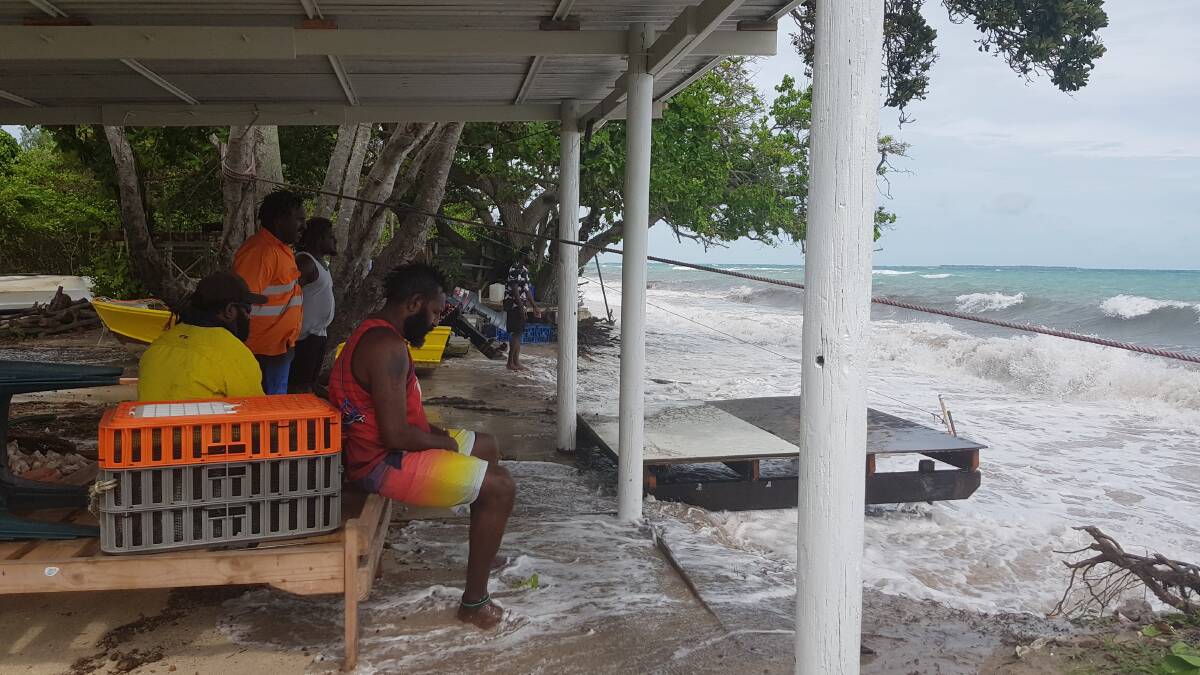
Climate Change Minister Chris Bowen said he met with elders when he visited the Torres Strait in June.
"I look forward to having more to say about that once those processes have been complete," Mr Bowen, told ACM ahead of UN climate talks in Egypt.
The October budget sets aside $15.9 million over four years to establish a new Torres Strait Climate Change Centre of Excellence.
The government was doing enough to address Australia's international climate change commitments, he said.
"People recognise Australia's back at the table and that's a very good thing."
Soofia's story
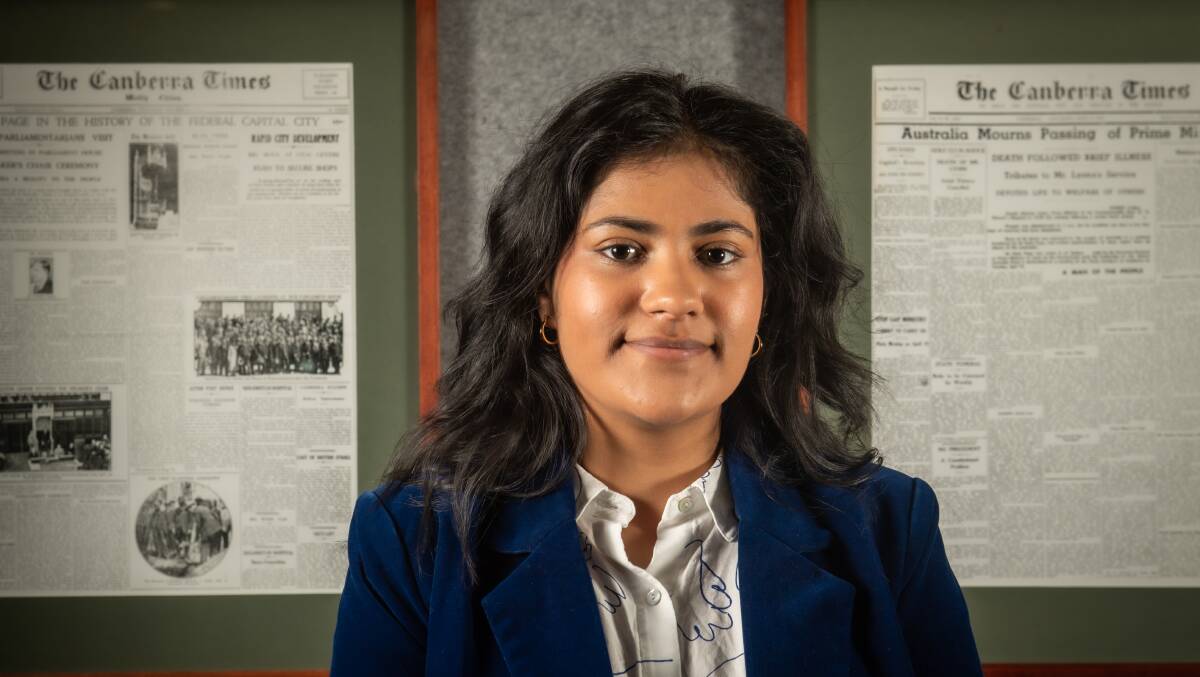
As a student journalist at uni, I saw first-hand the impact of bushfires - on the environment and people.
I've interviewed dozens of experts and politicians about why Australia's energy policy has been heavily focused on coal and gas, rather than a just transition to renewables.
Since moving to Canberra this year I've noticed a stark contrast between what happens on the ground and what politicians talk about.
Being a journalist means sometimes reporting on fires, floods and dying species.
For a 21-year-old, it's heartbreaking to think about an apocalyptic future.
Just in the past few months my two countries, Australia and Pakistan, have experienced immense flooding, killing people and devastating communities.
But I have also met people who are finding solutions, making change, and dedicating their lives to saving the environment.
Our future depends on them.
You can read the full Young and Regional: Our Climate Future series here.


